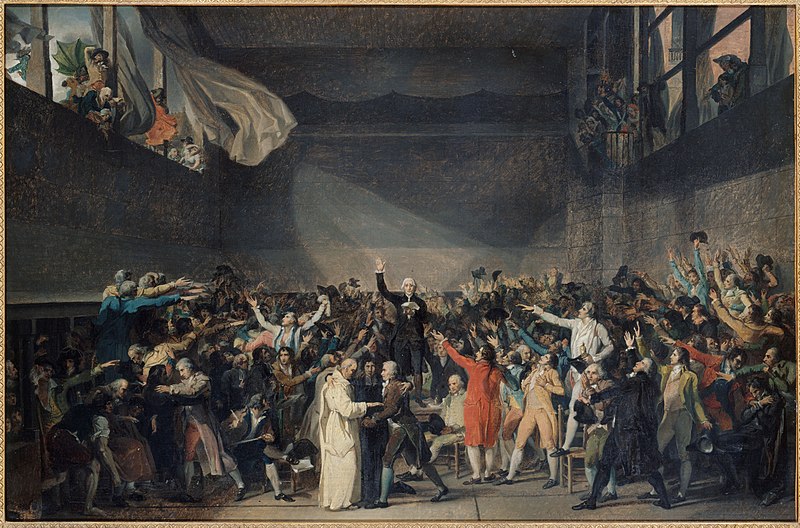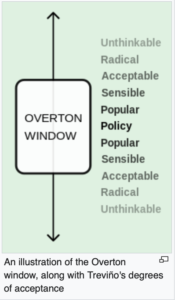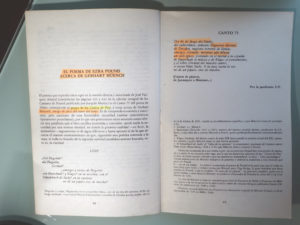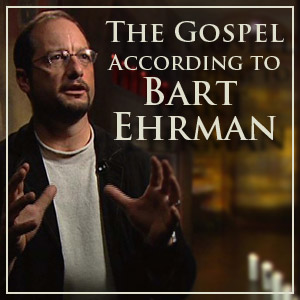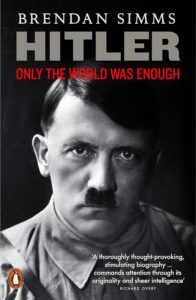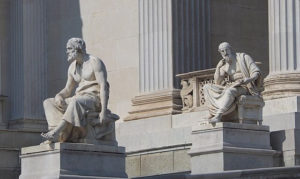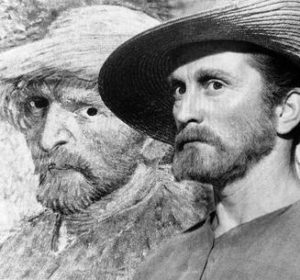Jamie said:
The main reason why I mentioned a video of Jewish Ben Shapiro was that he was openly discussing the Jewish roots of Catholicism and therefore, Judeo-Christianity itself.
This is natural to understand (I am afraid of saying ‘self-evident’). Christianity is Jewish. You worship a Jewish god, therefore, it is logical to realise that Jews and their values are elevated and have a strong grip on the public mindset.
Jews’ racial existence is secured at the expense of the imbecile gentiles. That’s what this spiritual syphilis of a religion ultimately brings.
What surprises me, however, is that those people that I have met and were involved in the so-called ‘movement’ don’t understand this.
They don’t understand, or don’t want to see, the conflict of interest between Aryan racial survival and the worship of a suicidal Jewish cult. Like professional ostriches, they hide their heads under the sand when the Christian Question is brought up.
 I have been kicked off of many ‘far right’ groups whenever I questioned Christianity. I must admit, however, that some men in those groups have reached out to me later and said ‘Jamie, you are right. We just keep heading towards disaster.’
I have been kicked off of many ‘far right’ groups whenever I questioned Christianity. I must admit, however, that some men in those groups have reached out to me later and said ‘Jamie, you are right. We just keep heading towards disaster.’
But I can do little more than that if I just keep getting banned / silenced by those who organise such gatherings.
Even Dr. Pierce did the same thing to some extent in his weekly podcasts. Egalitarianism is the most harmful idea, he said. Yet, he never brought up that Christianity, the main religion of most Europeans today, has been preaching equality among all races of man since the times of ancient Rome.
So, is it possible to destroy the well-organised Jews while having a Jewish religion as your own? I don’t think so.
I think criticizing Jews before Christianity (and therefore, oneself) is a dead end.
I responded:
That there is self-deception in white nationalism as far as Christianity is concerned, there is no doubt.
What you say about Pierce catches my attention. Although when I came to the movement he had already died, I realised from what I could hear from his old podcasts that he did the same thing that Hitler did: Pierce had an exoteric message for the public, but in Who We Are and in a few internal communications he was anti-Christian.
The difference with me is that I think the time has come to talk openly about Christianity: what I do on this site.
You say that you have been kicked out of the right-wing groups where you speak. They just ignore me. Since you have been in the movement longer than me, what percentage do you think its members are Christians? Even secular leaders of the movement like Kevin Mac and Greg Johnson sometimes seem sympathetic to Christianity. Don’t you think so?
Jamie said:
Caesar,
Yes, Dr. Pierce was anti-Christian and he always condemned it indirectly in his public speeches, even though most of his audience couldn’t piece it together.
About Christian members of the movement?
Those who follow, often, are not really Christian. Like me, they are just tired of seeing roses [i.e., beautiful women—Ed.] paired together with half-apes sub-humans (which is, for all practical purposes, what really matters in the end) and, if properly guided, they will follow you to destroy this nigger loving world.
The leaders, however, those who organise, set up websites and, curiously, have funding to do all of that, are definitely Christian, or neo-Christians.
There is no secularity in this movement. Almost all of them are afraid of criticizing Christianity out of being further alienated by the feminized masses.
But Greg Johnson is a homosexual, isn’t he? He could never feel a genuine, masculine anger at the idea of having white women with negroes.
How about Dr. McDonald? Is he even married?
Can any of them relate to the 14 words like you do? I highly doubt so, but their male audiences can, and they are frustrated, confused and leaderless.
